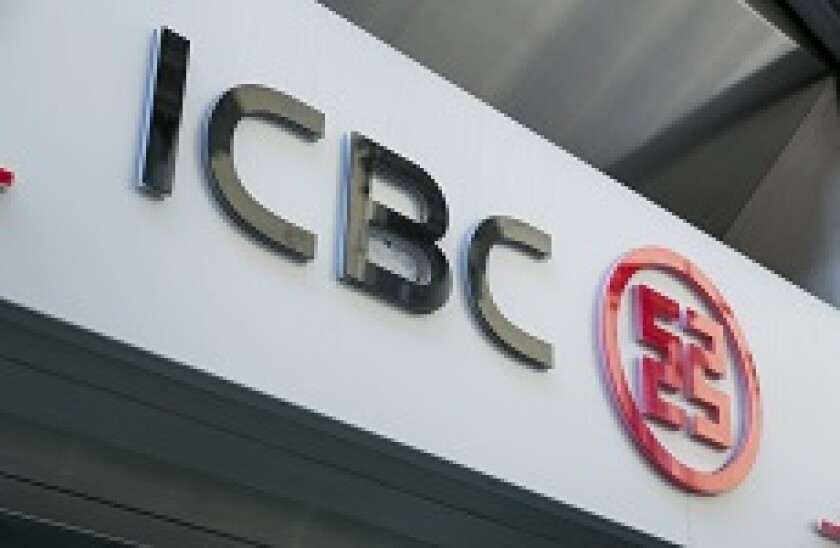In a year defined by volatility and riddled with failed international bond sales, a pulled dollar deal from a Chinese issuer is not a huge surprise. But the termination of an A1/A rated transaction from one of the world’s largest banks, ICBC, stands out.
Typically, pulled deals can be characterised by weak ratings, a debut or fragile issuer or an unfamiliar sector. Singapore’s Interplex Holdings, for instance, checked most of those boxes when it cancelled its bond a week before ICBC. The precision mechanical parts maker, which is rated BB-, has never sold a dollar bond. ICBC, on the other hand, sports a high rating, is a well-known and frequent bond issuer and is one of China’s big four banks.
So what went wrong? For starters, the bank seemed unwilling to accommodate changing market conditions with an attractive price. ICBC, which used its New York branch for the attempt, opened a three year floating rate note at 100bp over three month Libor area, and a five year floater at the 110bp over area.
According to bankers, a 10bp to 15bp premium would have sealed the deal, given the tumultuous market backdrop. For example, State Power Investment Corp was one of four Chinese borrowers to successfully sell a dollar deal the same day as ICBC’s failed foray. SPIC offered a generous premium for its $500m 5.8% perpetual bond, considering fair value was spotted around 4.4% to 4.5%.
Then there was ICBC’s choice of its syndicate team. The lead team, which comprised Bank of America Merrill Lynch, BNP Paribas, Citi, HSBC and Wells Fargo, was missing Chinese names.
In theory, the international banks would have been perfect for the transaction, as ICBC seemed to be targeting foreign investors by using its New York branch. But Chinese bookrunners have a reputation for picking up the slack when investors don’t come through. International banks are less likely to load up their own books, but rumour has it that ICBC was looking for the bookrunners to do just that.
Had the issuer opted for a junior bookrunning team of Chinese securities houses, it’s fair to assume the transaction would have turned out differently — just look at most of the Chinese deals that have been done in the second half of this year. Significant anchor orders are common, and the expectation that Chinese banks will support a deal when necessary is well known in the industry.
This does not mean ICBC should have added Chinese banks to the deal to ensure backstop demand. The issuer deserves plaudits for trying its best to find the true market clearing price. But given that aim, ICBC ended up with only two choices: pay up a bit more, or walk away. It chose the latter.
The failure of a flagship issuer to raise funds is a clear demonstration of how tough Asia’s bond market is right now. Generous pricing is no longer optional — it is a must. A deal that can be done on a good day may fall short in a turbulent market. Borrowers should take note.

